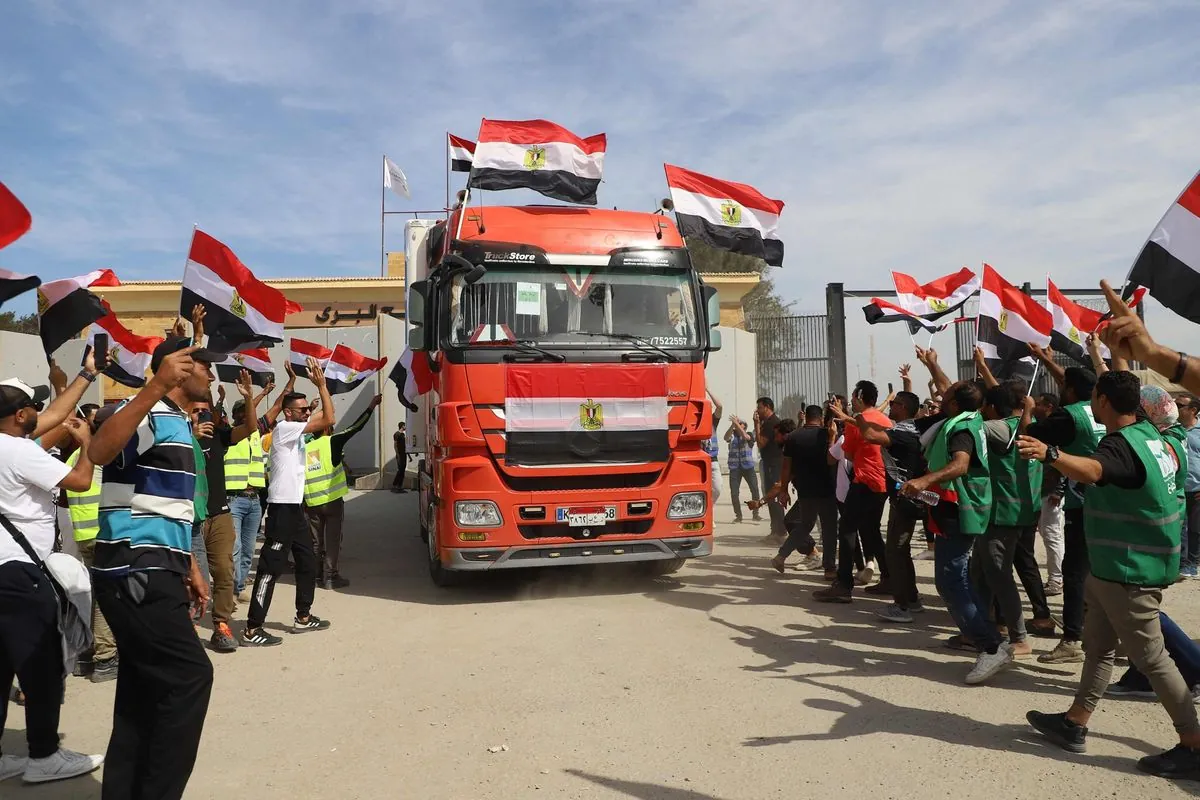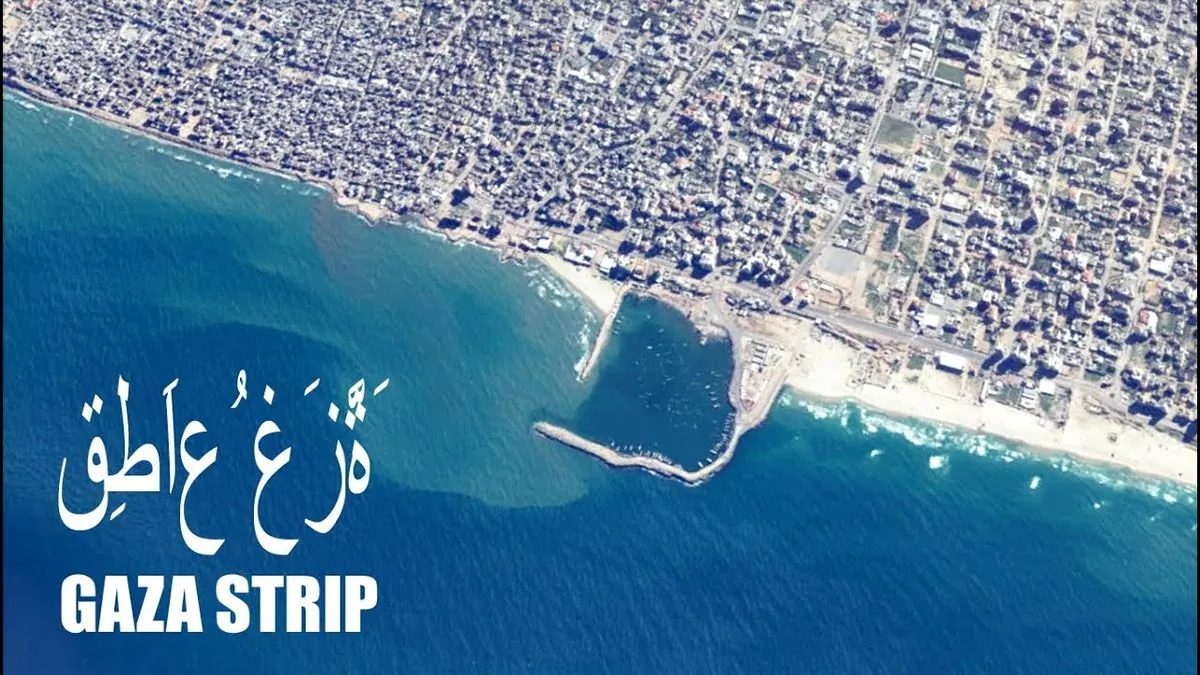UN Investigator Alleges Israeli "Starvation Campaign" in Gaza; Israel Denies
UN food rights expert accuses Israel of deliberate starvation in Gaza, which Israel strongly refutes. The ongoing conflict has led to a severe humanitarian crisis, with aid delivery challenges persisting.

The United Nations' independent investigator on the right to food, Michael Fakhri, has leveled serious accusations against Israel, claiming it is conducting a "starvation campaign" in Gaza. This allegation has been vehemently denied by Israeli authorities.
Fakhri, a professor at the University of Oregon School of Law, was appointed by the UN Human Rights Council in 2020 as the special rapporteur on the right to food. In his recent report to the UN General Assembly, he asserts that Israel has been using "the full range of techniques of hunger and starvation against the Palestinians" for decades.
The report claims that two days after the Hamas attack on October 9, 2023, Israel blocked all essential supplies into Gaza, including food, water, and fuel. By December 2023, Palestinians in Gaza reportedly constituted 80% of the global population experiencing famine or catastrophic hunger.
"A deliberate starvation policy? You can say anything — it doesn't make it true."
Netanyahu strongly refuted these accusations, describing them as "outrageously false." He cited figures from COGAT (Coordination of Government Activities in the Territories), stating that 700,000 tons of food items had been allowed into Gaza since the conflict began.
The humanitarian situation in Gaza remains critical. The UN spokesperson, Stephane Dujarric, described it as "beyond catastrophic," with over 1 million Palestinians not receiving food rations in August 2024. The UN attributes this to multiple factors, including evacuation orders, hostilities, and access limitations.

The Gaza Strip, with an area of approximately 365 square kilometers and a coastline of about 40 kilometers, has one of the highest population densities in the world. This factor exacerbates the challenges of aid distribution in the region.
The Kerem Shalom crossing, the main commercial passage between Israel and Gaza, has been a focal point for aid delivery. However, UN and other aid agencies report difficulties in accessing the Gaza side of the crossing due to ongoing military operations.
The UN Relief and Works Agency for Palestine Refugees (UNRWA), established in 1949, plays a crucial role in providing assistance to Palestinian refugees. However, the current crisis has stretched its resources to the limit.
The situation in Gaza highlights the complex interplay between conflict, humanitarian aid, and international law. As the crisis continues, the international community faces the challenge of ensuring aid reaches those in need while navigating the political and security complexities of the region.


































